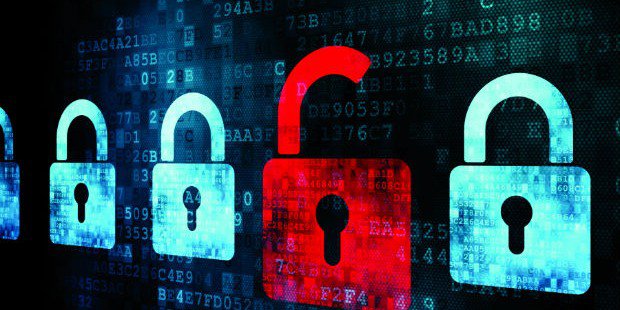On 21 July 2016, President Sheikh Khalifa bin Zayed Al Nahyan of the United Arab Emirates (UAE) issued new legislation further intensifying existing cybercrime laws enacted under Federal Law No. 5 of 2012. The amendment, Federal Law No. 12 of 2016, punishes Internet users who use counterfeited IP addresses with the intent to commit a crime or remain undiscoverable. The amendment prohibits the use of inauthentic computer network protocol addresses, also known as an IP addresses. An IP address is a combination of numbers used to distinguish and locate devices connected to the Internet. Individuals who altered IP addresses face significant jail time and/or a fine of Dh 500,000 – Dh 2,000,000 or $136,128 – $544,514. The Emirati government maintains that the amendment shields law-abiding users from hackers and illicit activity. The cybercrime laws are intended to curb misuse of the Internet to prevent offenses, such as fraudulent schemes, identity theft, and privacy infringements.
Currently, 85% of UAE residents have access to the Internet, ranking the country the third highest in the Middle East for access. Internationally, the UAE ranks 17th out of 190 countries for accessibility. The Freedom of the Net Report ranks the UAE as not free, with a score of 68 out of 100, 100 being the worst. Residents of the country have limited entry to applications, websites, and servers. The government owns substantial portions of Internet providers, thus sustaining complete jurisdiction over access.
The Emirati government commissions regulatory bodies that monitor and restrict web content. In 2003, authorities established the Telecommunications Regulatory Authority (TRA) to oversee, control and constrict Internet accessibility. Internet search results are refined to prevent the delivery of information not adherent to or reflective of government standards. The TRA prohibits entry to sites that oppose or criticize political, social or religious norms. Officials forbid gambling, dating, and pornography websites, and scrutinize anti-government news sources.. In addition, the TRA banned access to several human rights advocacy platforms; in 2015, authorities blocked the website for The Gulf Center for Human Rights. In addition, the TRA launched campaigns intended to crackdown on Internet misuse. “Digital Blackmail” and “My Number, My Identity” are two state initiatives meant to encourage reporting of any cybercrime violations.
The new amendment is part of a greater initiative that indiscriminately limits freedom of political and social expression. In 2014, the UAE government apprehended and detained a British businessman after he tweeted about a work-related conflict. Initially, David Haigh’s employers at GFH Capital accused him of fraud. Later, in 2015, using cybercrime provisions, authorities extended his detainment and charged him with slander. The Emirati government considers online slander -a vague and arbitrary act- a criminal offense punishable by jail time and heavy fines. Character defamation is punishable by up to three years in prison. Violating International Humanitarian law, the UAE detained Haigh for 23 months. In addition, guards beat, tasered, punched, and sexually harassed him.
Federal Law No. 12 of 2016 inhibits social and political resistance and dissent, by constraining an individual’s right to privacy and the right to freedom of expression. In the UAE, and elsewhere in the Arab Gulf, prodemocracy and human rights advocates utilize fabricated IP addresses to protect their identities while advocating for reform. In 2013, Bahraini officials detected the IP address of an anonymous Twitter user who peacefully criticized the King and government. Officials raided, arrested and detained 17-year-old Ali Al-Shofa after tracing his IP address to his home.
ADHRB calls on the Emirati government to reform existing cybercrime laws and eradicate oppressive provisions. The Emirati counter-terrorism measures legitimize the government’s arbitrary arrests, detainment, prosecution and imprisonment of peaceful protestors and government critics. The UAE’s punitive restrictions and penalties additionally alienate human rights defenders and threaten their safety. We call on the Emirati government to adhere to international humanitarian law and guarantee freedom of speech and political dissent to all citizens.
Reim Alian is an Advocacy Intern at ADHRB.





